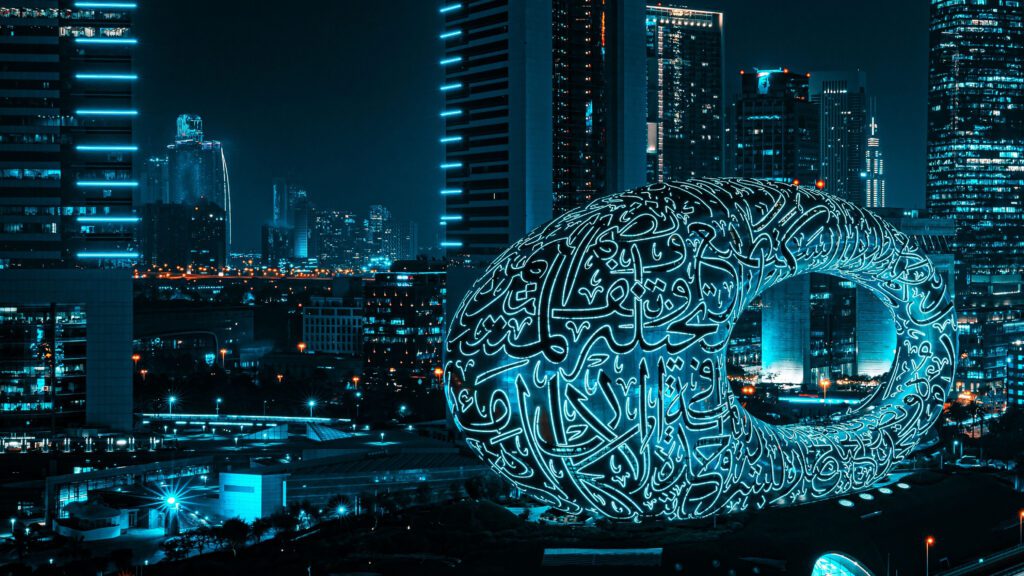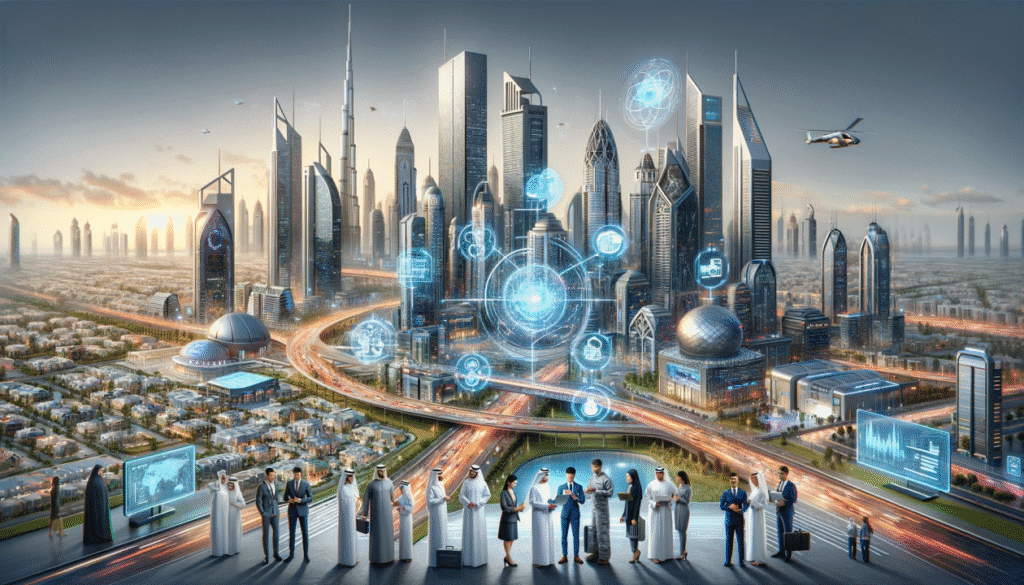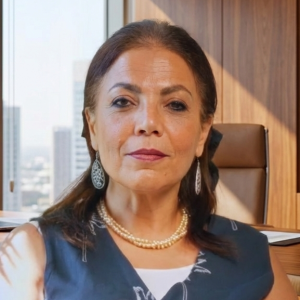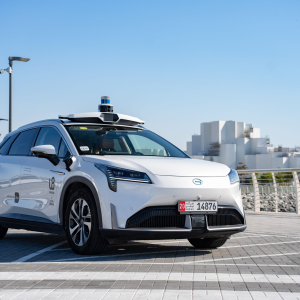In the golden sands of the Gulf, a digital revolution is quietly gaining momentum. The United Arab Emirates, long known for its oil wealth and architectural marvels, is now placing a bold bet on artificial intelligence. But this isn’t just about technology—it’s about rewriting the country’s economic playbook for generations to come.
At the heart of this transformation is a sweeping national commitment: to become one of the world’s leading AI-driven economies by 2031. From tech campuses to trillion-dollar investment funds, the UAE’s strategy is no longer about preparing for the future—it’s about leading it.
A Billion-Dollar Bet on Intelligence
Artificial intelligence isn’t new to global headlines, but the scale of the UAE’s investment is capturing attention like never before. Government-led initiatives, backed by sovereign funds and partnerships with leading tech firms, are pouring billions into AI infrastructure, research, and talent development.

Massive campuses designed to host thousands of high-performance computing chips are under construction. AI training centers, education incentives, and regulatory sandboxes are being rolled out at unprecedented speed. The goal is clear: to turn the UAE into a global AI epicenter.
This effort isn’t happening in isolation. It’s part of a broader vision to diversify the UAE’s economy away from oil. AI is emerging as a central pillar of that vision, unlocking new economic value across healthcare, logistics, finance, aviation, energy, and beyond.

Infrastructure With Ambition
Driving through the UAE’s burgeoning innovation corridors, you’ll find more than just skyscrapers and solar farms. You’ll find intelligent infrastructure taking shape—vast campuses being built to support high-density data centers, quantum computing labs, and AI startups.
One of the flagship projects in this effort is a sprawling AI-focused campus set to host some of the world’s most advanced data capabilities. These new-age industrial zones are not only attracting the biggest global players—they’re empowering local firms to scale with support from a government that’s all in.
Powering this infrastructure is a commitment to green energy, too. From solar-powered data centers to eco-conscious design, the UAE is aligning its AI push with its clean energy ambitions—positioning itself as both a digital and sustainable leader.
Talent Is the Real Currency
As the UAE builds machines, it’s also investing in minds. The country has launched a multi-pronged talent strategy to support its AI goals, from early education to international recruitment.
Specialized AI universities, scholarships, and bootcamps are equipping a new generation with the skills needed to drive innovation. A golden visa program is attracting global researchers, engineers, and entrepreneurs to call the UAE home.
Perhaps most crucially, there is a human-first ethos at play. AI is seen not just as a technical tool, but as a partner in building smarter societies. The focus is on how AI can improve education, increase healthcare access, enhance city living, and support the next wave of human-centric innovation.
Economic Sectors Being Rewired

The impact of AI is already being felt across the UAE’s key economic sectors. In logistics, predictive algorithms are optimizing delivery routes and reducing waste. In healthcare, diagnostic tools are improving patient outcomes with speed and accuracy never before possible.
In aviation, AI systems are enhancing fleet maintenance, improving flight safety, and boosting operational efficiency. Even traditional energy companies are leveraging AI to monitor drilling operations, predict equipment failures, and reduce environmental impact.
These use cases are more than impressive—they’re profitable. Across industries, AI is helping UAE firms save millions, unlock new revenue streams, and gain a competitive edge on the global stage.
Private Sector Momentum
While the government has taken the lead, the private sector is catching up fast. Homegrown unicorns, venture funds, and multinational partnerships are springing up to capitalize on the momentum.
Corporate giants from sectors like finance, retail, and real estate are launching in-house AI labs. Startups are rapidly prototyping generative AI tools, autonomous systems, and edge computing solutions tailored for the region’s unique needs.
This collaboration between public vision and private execution is key to the UAE’s AI model. Unlike many countries where innovation is siloed, the UAE is actively breaking barriers—creating ecosystems where government, industry, and academia co-create the future.
Governance and Ethics
With great power comes great responsibility—and the UAE is moving deliberately on AI governance. Ethical frameworks, regulatory charters, and safety protocols are being developed to guide AI’s growth without stifling innovation.
From ensuring data privacy to promoting fairness in algorithms, these efforts show a mature understanding of AI’s risks. National AI guidelines now include rules on explainability, bias mitigation, and responsible deployment—especially in critical sectors like justice, policing, and finance.
By setting high ethical standards early on, the UAE is not just attracting investment—it’s earning trust. In the long run, that could be the biggest advantage of all.
Redrawing the Economic Map
By 2030, AI is projected to contribute a significant share of the UAE’s GDP. The numbers are staggering, but what’s more exciting is the ripple effect: new job creation, industry disruption, and entirely new sectors springing to life.
AI will not only diversify the economy—it will also increase its resilience. As traditional energy revenues face global pressures, AI offers a long-term growth engine that’s less vulnerable to geopolitical or commodity shocks.
For citizens, this could mean better public services, higher wages in emerging tech fields, and more globally competitive opportunities. For investors, it signals a forward-looking economy that’s serious about scaling.
Global Influence, Regional Impact
The UAE isn’t just building for itself—it’s aiming to become a hub for the entire Middle East and Global South. Through cross-border collaborations, data diplomacy, and AI export initiatives, the country is positioning itself as a bridge between East and West in the AI age.
By hosting global AI summits, supporting regional innovation centers, and sharing its regulatory models, the UAE is actively shaping global AI discourse. In doing so, it’s not just reacting to global trends—it’s setting them.
The vision is as ambitious as it is achievable: a digitally sovereign, economically vibrant, AI-powered nation that’s admired for its progress and trusted for its principles.
Challenges to Watch

Of course, the road ahead isn’t without hurdles. Rapid AI expansion raises questions around cybersecurity, data sovereignty, and regulatory catch-up. Balancing foreign partnerships with national security priorities will require diplomatic finesse.
There’s also the risk of over-centralization. Ensuring that AI benefits are equitably distributed—across emirates, demographics, and income levels—will be essential to social stability and long-term success.
Talent gaps, infrastructure bottlenecks, and the pace of global competition will test the UAE’s resolve. But if the last two decades are any indicator, this is a country that thrives on bold vision and rapid execution.
What Comes Next?
The world is watching. As AI reshapes the global economy, the UAE is offering a bold alternative to Silicon Valley’s startup model or China’s state-dominated playbook. It’s crafting something unique: an innovation-led, government-accelerated, ethically aware AI economy.
If this model works—and early signs suggest it just might—it could provide a roadmap for other developing nations looking to leapfrog into the Fourth Industrial Revolution.
What’s clear is that the UAE is no longer just preparing for the post-oil world. It’s actively building it—with silicon, data, and a whole lot of ambition.
Do follow UAE Stories on Instagram
Read More: UAE Leads Arab World in AI Learning Surge, Says Coursera Report












